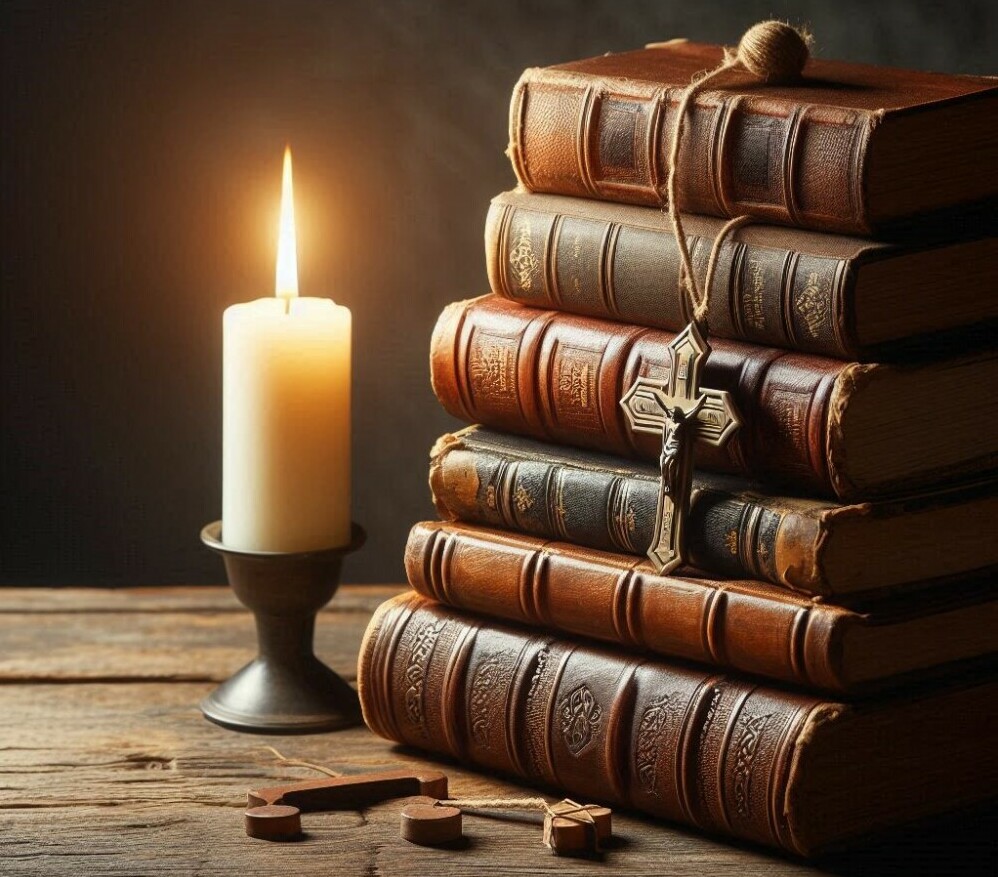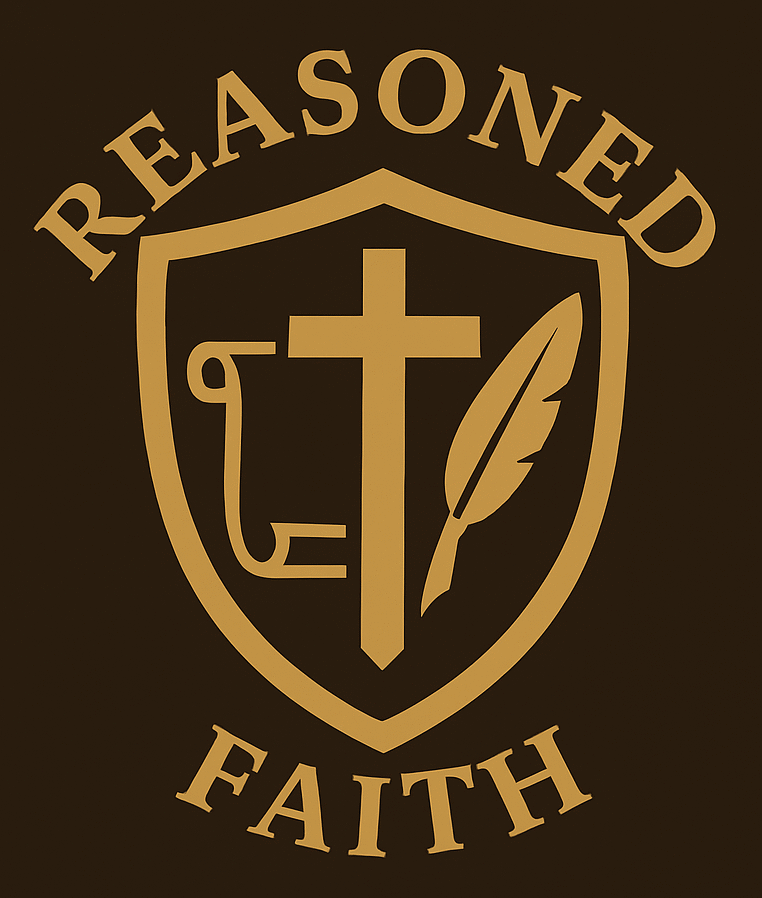
*This post contains affiliate links. If you make a purchase through these links, I may earn a commission at no extra cost to you. As an Amazon Associate I earn from qualifying purchases.
Have you ever considered how books can serve as companions on your spiritual journey? Well, in the Catholic tradition, literature has always played a vital role in shaping and nurturing believers’ faith. It’s not just about acquiring knowledge; it’s about engaging with writers who’ve grappled with the divine and have left behind a treasure trove of insights for us to discover.
Catholic books are incredibly diverse. Some delve into deep theological debates, while others offer more accessible reflections on faith in daily life. Every believer’s library could benefit from this rich spectrum of writings, each offering a unique perspective on what it means to live a life of faith.
The influence of a good Catholic book extends beyond the last page. It can transform your prayer life, challenge your perceptions, and ultimately bring you closer to God. These books have supported millions in their faith journey, and they don’t lose relevance with time.
Of course, ‘top 10’ lists are inherently subjective. But don’t worry too much about the order or selection—think of this list as a starting point to explore the breadth of Catholic literature. You can always expand your reading list down the road, choosing books that resonate with you and your spiritual journey.
As a start, The Bible is a must-read for any Catholic seeking a deeper understanding of Scripture. “The Catholic Study Bible 3rd Edition” offers an unparalleled blend of the full biblical text, extensive commentary, scholarly notes, and insightful essays. This essential guide will enrich your faith journey, making it invaluable for both personal study and group discussion. Although a personal favorite of mine is “The Didache Bible.” “The Didache Bible” is a must-read for Catholics wanting to deepen their understanding of Scripture through the lens of Church teachings. This Bible integrates the Revised Standard Version with extensive commentary based on the Catechism of the Catholic Church, offering rich insights and practical applications for living out your faith. It’s an essential resource for personal study and spiritual growth.
Classic Works of Catholic Theology and Philosophy
When diving into the wealth of Catholic literature, you’re going to find out about some real heavyweights—texts that have stood the test of time. These classics form the bedrock of Catholic thought and philosophy. Whether you’re a lifelong believer or new to the faith, these works can offer profound insights and timeless wisdom.
Let’s start with ‘The Summa Theologica’ by Thomas Aquinas. Don’t worry too much about its imposing size; this jewel of scholasticism is a treasure trove for understanding Catholic doctrine. Aquinas’s meticulous explanation of faith and reason continues to be a guiding light centuries after its composition.
‘Confessions’ by Saint Augustine isn’t just an autobiography, it’s a monumental work that dives deep into the human heart’s quest for truth. Augustine’s personal journey from sinner to saint illustrates the transformative power of grace and is as relatable today as it was in the 4th century.
In my opinion, ‘The Imitation of Christ’ by Thomas a Kempis is one of the most accessible pathways into deeper spiritual contemplation. This book doesn’t just talk about theology—it’s a manual on how to live a life that’s pleasing to God, emphasizing humility and the importance of the inner life over worldly vanities.
Lastly, ‘City of God’ is another titan from Saint Augustine. It tackles the hefty topics of society, ethics, and history through the lens of Christianity. While it’s a more challenging read, those who spend time with it are rewarded with a greater understanding of the role faith plays in the world.
Contemporary Catholic Reads for Modern Believers
I’m going to guide you through a selection of books that speak to the modern Catholic experience. You’re going to find out about authors who have tackled age-old teachings with a fresh perspective, making them relevant for today’s readers.
Take ‘The Return of the Prodigal Son’ by Henri Nouwen, for instance. It’s not just a commentary; it’s a deeply personal exploration of forgiveness and mercy. Nouwen invites us into his meditation on Rembrandt’s famous painting and reveals layers of spiritual insight.
Then there’s ‘Jesus of Nazareth’ by Pope Benedict XVI. I’d say if you’re looking for a text that’s both intellectually rigorous and spiritually enriching, this is it. The former pope analyses the life of Christ and offers interpretations that resonate with earnest seekers.
Don’t worry too much about dense theological works if that’s not your cup of tea. ‘Catholicism: A Journey to the Heart of the Faith’ by Robert Barron presents the splendors of Catholic beliefs in an engaging and picturesque manner. It’s like a travel guide to the faith.
Pope Francis’s ‘The Joy of the Gospel’ addresses another vital part of being Catholic: the joy and duty of evangelization. If you want to understand the current pope’s heart for the church’s mission in a dynamically changing world, you’ll likely appreciate this apostolic exhort of encouragement and practical wisdom.
In my opinion, these contemporary works are bridges between the timeless truths of the church and the rapidly changing realities of the 21st century. Choose something that resonates with you from this collection as a starting point for further exploration.
Reflecting on the Wisdom of Catholic Writings
So you’ve seen a snapshot of the breadth and depth that Catholic literature offers, from the intellectual rigor of Saint Thomas Aquinas to the intimate meditations of Henri Nouwen. These texts aren’t just about deepening theological understanding; they’re about enriching the fabric of your daily life with greater wisdom, compassion, and perspective.
In my opinion, the power of these books lies not only in the timeless truths they convey but also in the conversations they start. Choose something that resonates with you; start with what draws you in, whether it’s the poetic intimacy of Therese of Lisieux’s ‘Story of a Soul’ or the logical prowess of Aquinas’s ‘Summa Theologica’. Remember, your first attempt doesn’t need to be your last—you can always adjust your approach down the road.
There’s a lot of opportunity in these works to find guidance, consolation, and inspiration for your faith journey. Don’t worry too much about understanding every nuance on the first pass. With each read, new insights and layers of meaning will reveal themselves, as these classics are meant to be engaged with over a lifetime.
I really hope that you dive into these treasures and find the beauty and wisdom within their pages. These works are companions for the journey, guides to the spiritual life that have stood the test of time. So, I’d love to hear your feedback: which book are you going to explore first? Your thoughts and experiences with these profound works can be a beacon to fellow readers embarking on a similar path.

Hi there
Your article is incredibly insightful and well-curated. The selection covers a diverse range of essential topics, offering both historical context and spiritual depth, making it a valuable resource for anyone looking to deepen their faith. I particularly appreciate the inclusion of classic works alongside more contemporary writings.
Could you share more about how you selected these specific books, and if there were any that narrowly missed making the list?
Thank you for your thoughtful feedback. I’m glad you found the article insightful. My goal in recommending these books was to provide a diverse range of writings that offer different perspectives on what it means to live a life of faith, from classics that serve as the foundation of Catholic thought and philosophy to contemporary Catholic reads that speak to the modern Catholic experience. Other books deserve to be included, and “Top 10” lists are inherently subjective and are just a starting point for further exploration.